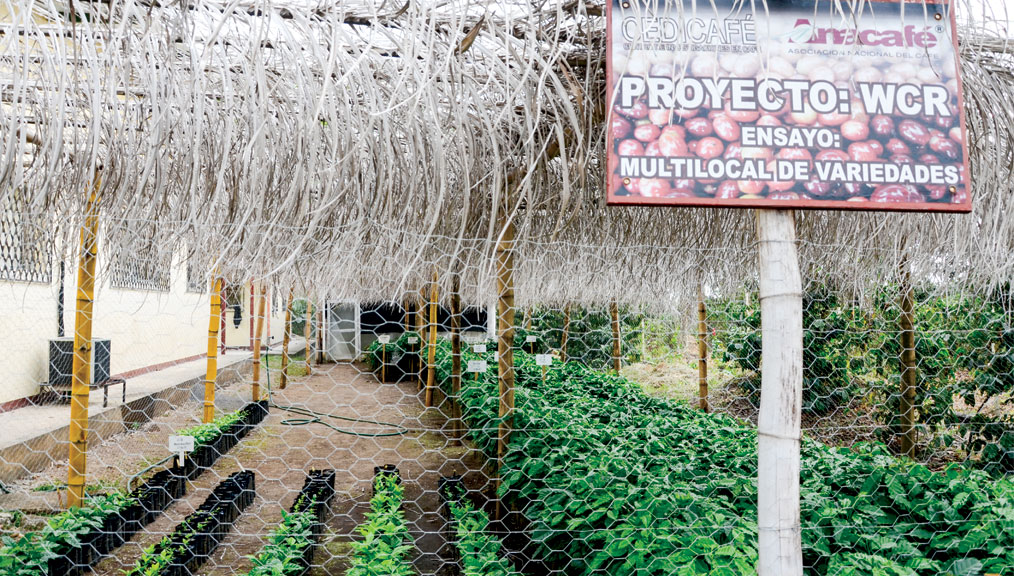[A] new report lays out the impending effects of climate change in a brisk, brutal sixteen pages. It’s not fun reading, but it’s important. Fairtrade Australia and New Zealand commissioned the Climate Institute, an Australian based advocacy group, to produce the report, called A Brewing Storm.
If you’ve been paying attention to climate change’s effects on coffee, this information will be familiar. But even if the document doesn’t provide anything new in terms of research, the compilation of the data and the accessibility of its presentation is a worthy effort.
The baleful studies and white papers about the coming, and already arrived, ravages of climate change often have diminished impact because they come in as a constant drip. No one of them hits particularly hard. This short report lands like a haymaker.
Just take these three points:
• By 2050, 50 percent of current coffee country won’t be viable.
• Tanzania’s coffee productivity per hectare has fallen by half as average temperatures have increased.
• Coffee leaf rust and the berry borer beetle are creeping up latitudes and mountainsides as temperature increases expand their habitat.
The report also lays out, starkly, how vulnerable coffee laborers and smallholders are. Even without the threat of climate change disrupting or destroying their livelihoods, coffee laborers are faced with the vagaries of the commodity market, the randomness of weather, the difficulty of just picking coffee, not to mention uncommon but real problems like modern slavery and wage exploitation. A smallholder whose farm suddenly can’t grow quality coffee or is overrun by borers doesn’t have many options for surviving major climate shifts, which are underway already.
The report lays out what consumers can do to help (basically, buy the right coffees from companies with the right practices), but it leaves the call to action pretty vague for coffee companies. That’s a gap in the report. To make it clear: all the difficulties climate change is bringing to coffee country will hit coffee roasters and cafés too.
—Cory Eldridge







